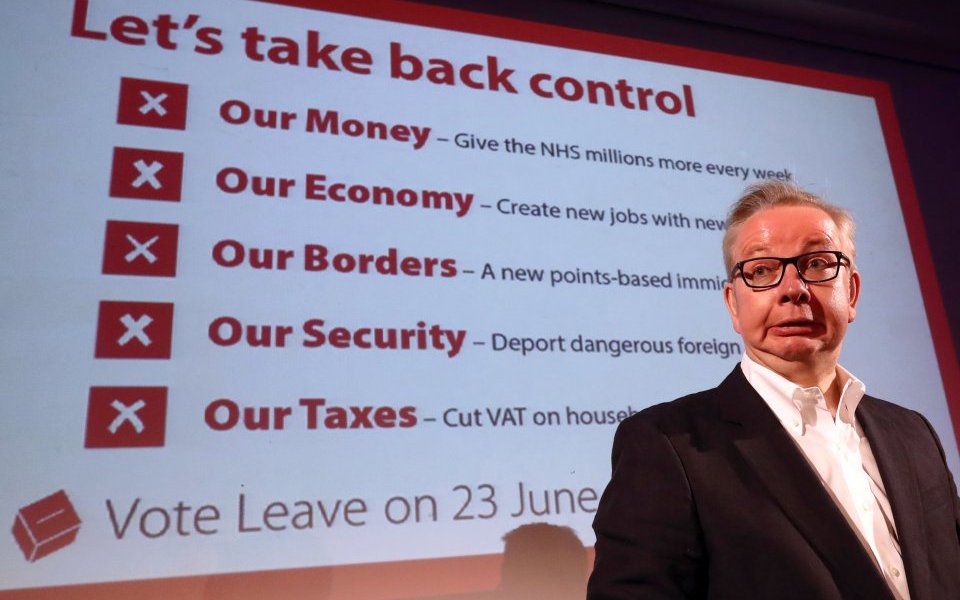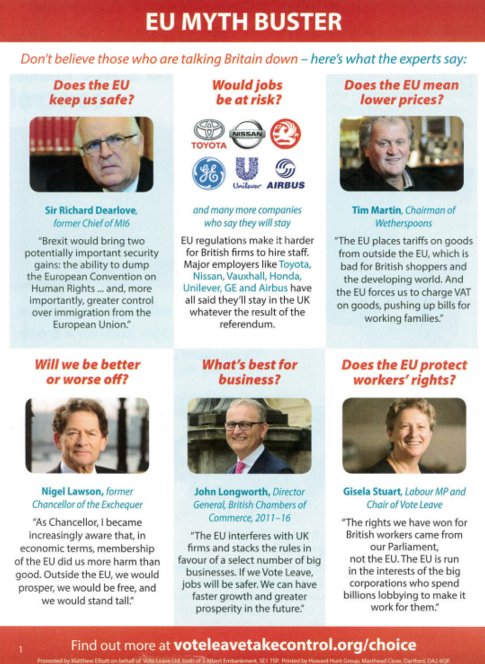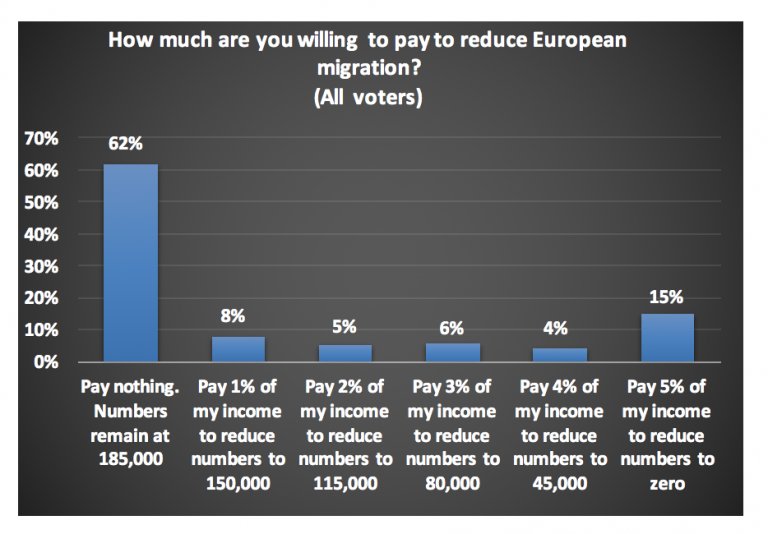As we approach the crunch Brexit votes, let's look at the economic picture that helps explain how we got to here. This is drawn from the final report of the @IPPR Commission on Economic Justice.
The data is shocking.
(1/24)
ippr.org/cej
Since then, the UK has seen its slowest recovery after any recession in the postwar period, taking more than 5 years for GDP to recover to its pre-recession peak
(2/24)
But people don't experience the economy as national aggregates.
(3/24)
In 2018, median earnings were 2-3% below their 2007-08 level.
The UK is one of only 5 developed countries where earnings are still below their 2007 level.
(4/24)
Over the last 40 years, half the population has barely shared in the growth of the economy at all.
From 1979 to 2012, only 10% of overall income growth went to the bottom 50% of the income distribution
(6/24)
Employment is at record highs, with 75.6% of the working-age population now in work.
At 4.2%, unemployment is at its lowest level for 40 years.
But more and more people are now in precarious work.
(8/24)
Self-employment has risen to 15% of the workforce, or 4.8m people. This reflects many employers seeking to shirk their responsibilities.
(9/24)
Many of those working in such casualised conditions experience the kind of exploitation, ill-health and stress that was thought to have been consigned to the 19th century.
(10/24)
Having a job is no longer a reliable route out of poverty.
More people in poverty live in working households than non-working households.
(11/24)
This includes 4 million children, or nearly 1 in 3, and the number is rising.
As the growth of homelessness and food banks shows, life is desperately hard for many people.
(12/24)
There remains a 6-fold difference between the incomes of the top 20% and the bottom 20%.
Inequality between the richest 1% and the rest of UK society continues to rise.
(13/24)
Median hourly pay among women is 18.4% lower than for men.
A similar pay gap exists between white and BAME workers.
(14/24)
44% of the UK's wealth is owned by just 10% of the population--5 times the total wealth held by the poorest 50%.
The richest 1% are estimated to own 14% of the nation's wealth.
(15/24)
The huge growth in property values since the early 1990s and the decline in final salary pensions have made older generations wealthier.
Younger people are now set to be poorer than their parents.
(16/24)
They are 4X more likely to be renting privately.
On average a quarter of millennials income is now spent on housing.
(17/24)
Median incomes in NW, NE, W Mids, Wales & SW are now 30% lower than London & SE (in Scotland, they are 20% lower).
London is the richest region in northern Europe, yet 6/10 of the poorest regions are also in the UK.
(18/24)
Too many are struggling to make ends meet, seeing their living standards stagnate or even fall.
Too few are able to look forward to the future with hope.
(19/24)
Our problems originate in Westminster, not Brussels
The paradox of Brexit is that it was a vote for change that makes change itself more likely to occur, but the right kind of change much harder to achieve.
(20/24)
And since the vote to leave the EU, there has been very little progress in tackling the injustices that framed that decision.
The injustices are ablaze.
(21/24)
If it means we are less able to solve our self-authored problems, then surely it is time to rethink.
(22/24)
We live in an era of profound economic injustice. People rightly expect their politicians to address it.
(23/24)
Democracy means governing by consent. Without a radical change in political discourse, MPs risk losing it.
It's time for radical change.
(24/24)














